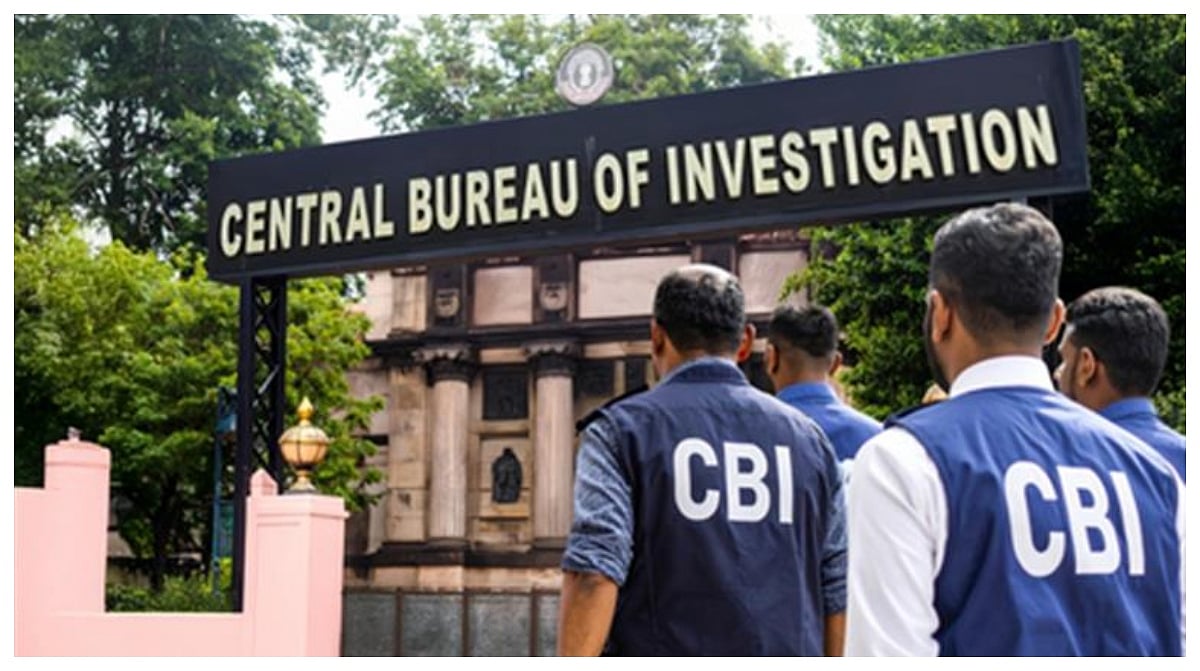In an unusual incident a student was sent home for not wearing proper clothes. The incident took place in West Bengal’s Siliguri and was asked by invigilators to go home and change the attire, the aspirant was not allowed to give exam.
On July 8, UGC National Eligibility Test (NET) aspirant, a Delhi University student was told by school staff that her dress is indecent and she should return home. “I was first verbally shamed for my choice of clothes by a DPS Siliguri teacher. I have worn a particular jumpsuit to almost all the exams as I feel relaxed in this attire,” she told to Indian Express.
CBSE conducts the exam on behave of UGC, and their is no official dress code fixed for it, although, only electronic items and watches are banned. “I would have followed the CBSE dress code guidelines, if any, however, the staff shamed me. I had meticulously gone through the rules as on the admit card before appearing for the exam,” she said.
After arguing with the staff, she realised that it is worthless and than she rushed home and changed her clothes and wore salwar kameez. “Nobody outside the exam centre supported us. I felt humiliated and stressed out during this career-defining test,” she said.
When the Indianexpress.com contacted the Vice-Principal, DPS, Siliguri, Sukanta Ghosh who was also the centre superintendent for UGC NET, she replied over the mail that she has not given any such instruction to the staff. “The incident was not brought to my notice during or after the exam. I only came to know about this when she posted the matter on her Facebook page and it was shared by a colleague. We inquired about this and the invigilators declined of any such incident happened inside the school premises,” said Ghosh.
The victim, however, does not demand apology from the school but she is concerned about body shamming issues and wants it to be highlighted. “Siliguri is a small town and people here are not exposed to such debates. I don’t want anyone else to face such regressive rules and therefore want to initiate a conversation on such moral policing,” she said.









